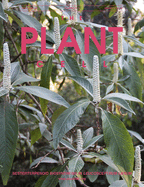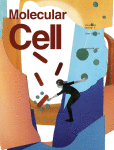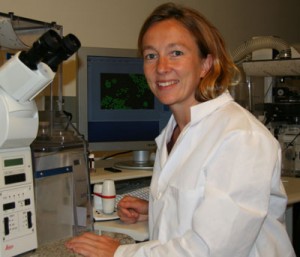
A journal has retracted a paper by a leading diabetes researcher — who has also issued three corrections — after questions about her research were raised on PubPeer.
Kathrin Maedler — who works at the University of Bremen in Germany — corrected another paper in 2014. All of the notices are dated from 2015, and all describe issues with figures.
The ongoing comments have led Maedler to carefully look through her original data, according to a statement she emailed us: Continue reading Diabetes researcher logged 1 retraction, 3 correx, after PubPeer comments

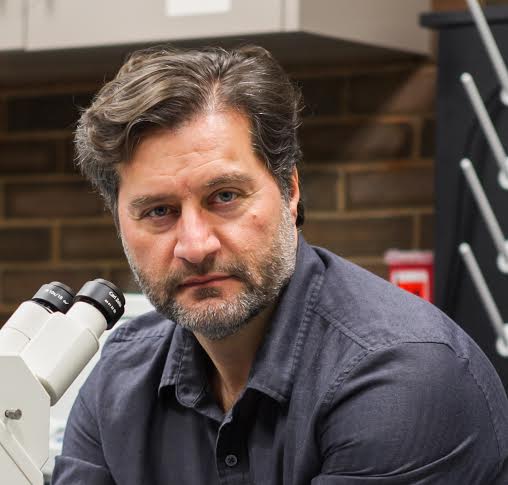
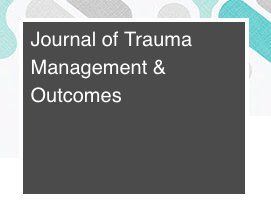
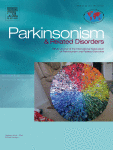 A bone researcher in Japan has logged his sixth retraction, after acknowledging he duplicated substantial portions of a 2011 paper and added “honorary” co-authors.
A bone researcher in Japan has logged his sixth retraction, after acknowledging he duplicated substantial portions of a 2011 paper and added “honorary” co-authors.

